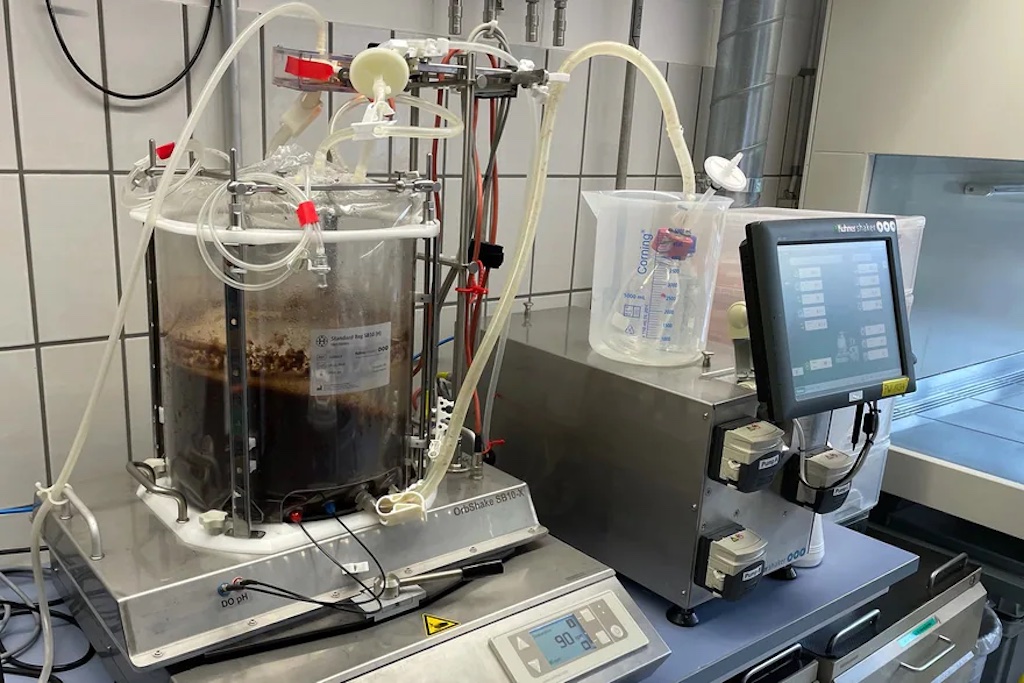Unveiling the Enigmatic Chocolate Cravings - A Multifaceted Exploration

Indulging in the tantalizing allure of chocolate has become a widespread practice across the globe. However, the enigmatic nature of chocolate cravings has baffled scientists for decades, leaving us with a multitude of theories to unravel its underlying causes. This comprehensive article delves into the intricate tapestry of reasons that drive this irresistible desire for chocolate.
Physiological Factors
Physiological needs play a crucial role in igniting chocolate cravings. Chocolate is a rich source of carbohydrates, fats, and minerals, providing the body with a quick surge of energy. During times of fatigue or stress, levels of the stress hormone cortisol rise, triggering the release of glucose into the bloodstream for immediate energy mobilization, leading to an intense craving for sugary treats like chocolate.
Moreover, chocolate contains theobromine and caffeine, two stimulants that can elevate mood and enhance alertness. In individuals with low serotonin levels, a neurotransmitter associated with feelings of well-being, chocolate consumption can provide a temporary boost, further reinforcing the craving cycle.
Psychological Factors
The mind exerts a significant influence on chocolate cravings. Emotional eating, a common phenomenon, often manifests in the form of an intense desire for chocolate. When faced with stress, anxiety, or sadness, individuals may turn to chocolate as a coping mechanism, seeking comfort and a sense of solace in its rich and indulgent flavor.
Additionally, chocolate consumption can be associated with positive memories and past experiences, creating a psychological link that triggers cravings in certain situations or environments. For instance, the aroma of freshly baked chocolate chip cookies can evoke memories of childhood and cozy family gatherings, leading to an irresistible craving.
Nutritional Deficiencies
Chocolate cravings can sometimes signal underlying nutritional deficiencies. Magnesium, an essential mineral, plays a crucial role in regulating blood sugar levels and nerve function. When magnesium levels are low, the body may crave the high magnesium content found in chocolate. Similarly, deficiencies in iron, chromium, and zinc have also been linked to increased chocolate cravings.
Hormonal Influences
Hormones exert a powerful influence on our eating habits, including chocolate cravings. During the menstrual cycle, women may experience elevated levels of progesterone, which can lead to increased cravings for sweets and carbohydrates. Similarly, pregnancy can alter hormone levels, resulting in intense chocolate cravings.
Chocolate cravings are a complex phenomenon influenced by a myriad of physiological, psychological, and hormonal factors. Understanding the underlying reasons for these cravings can empower individuals to make informed choices about their chocolate consumption. While chocolate offers many potential benefits, including improved mood and reduced stress, it is essential to maintain a balanced approach to avoid overindulgence.











Comments ()